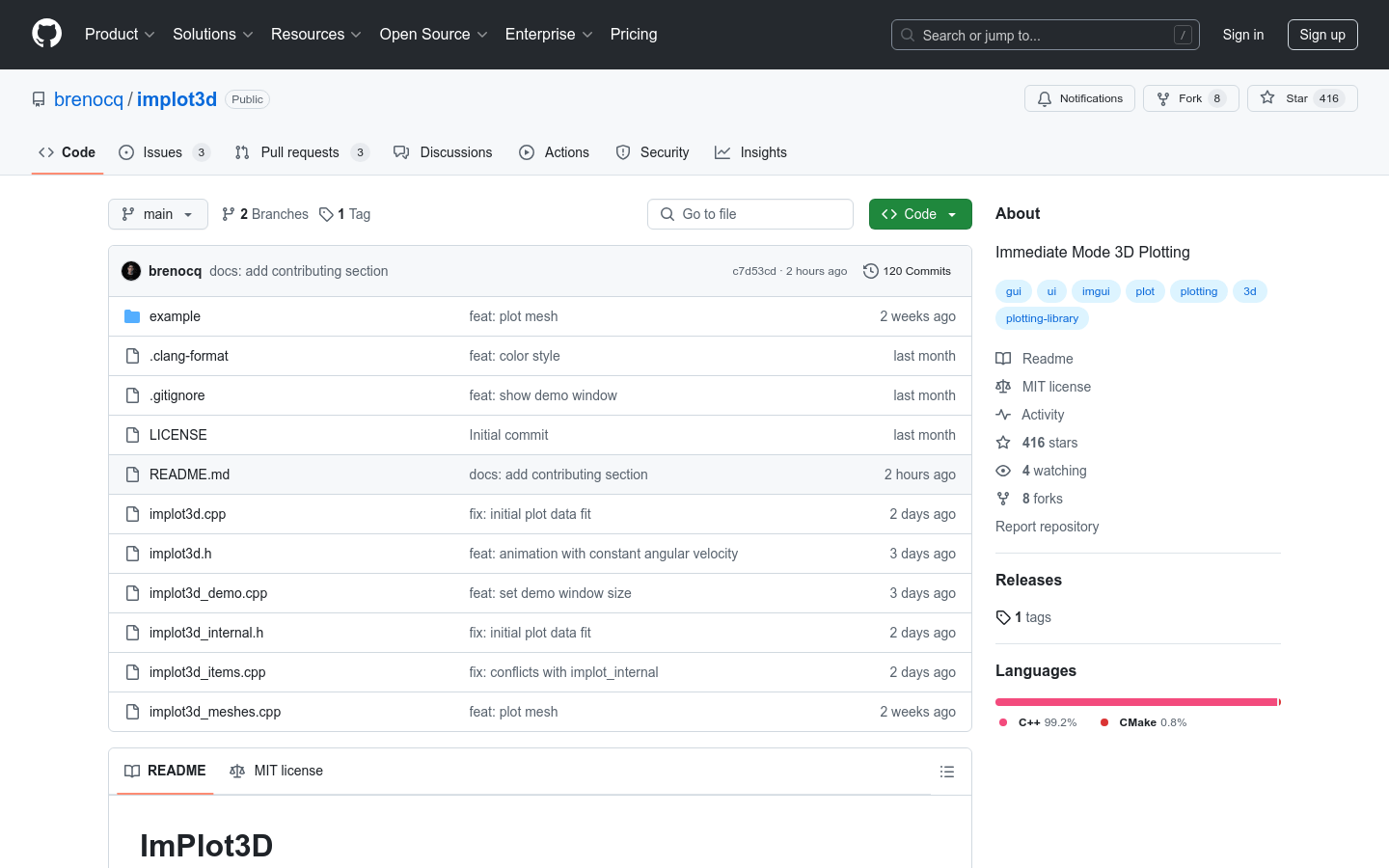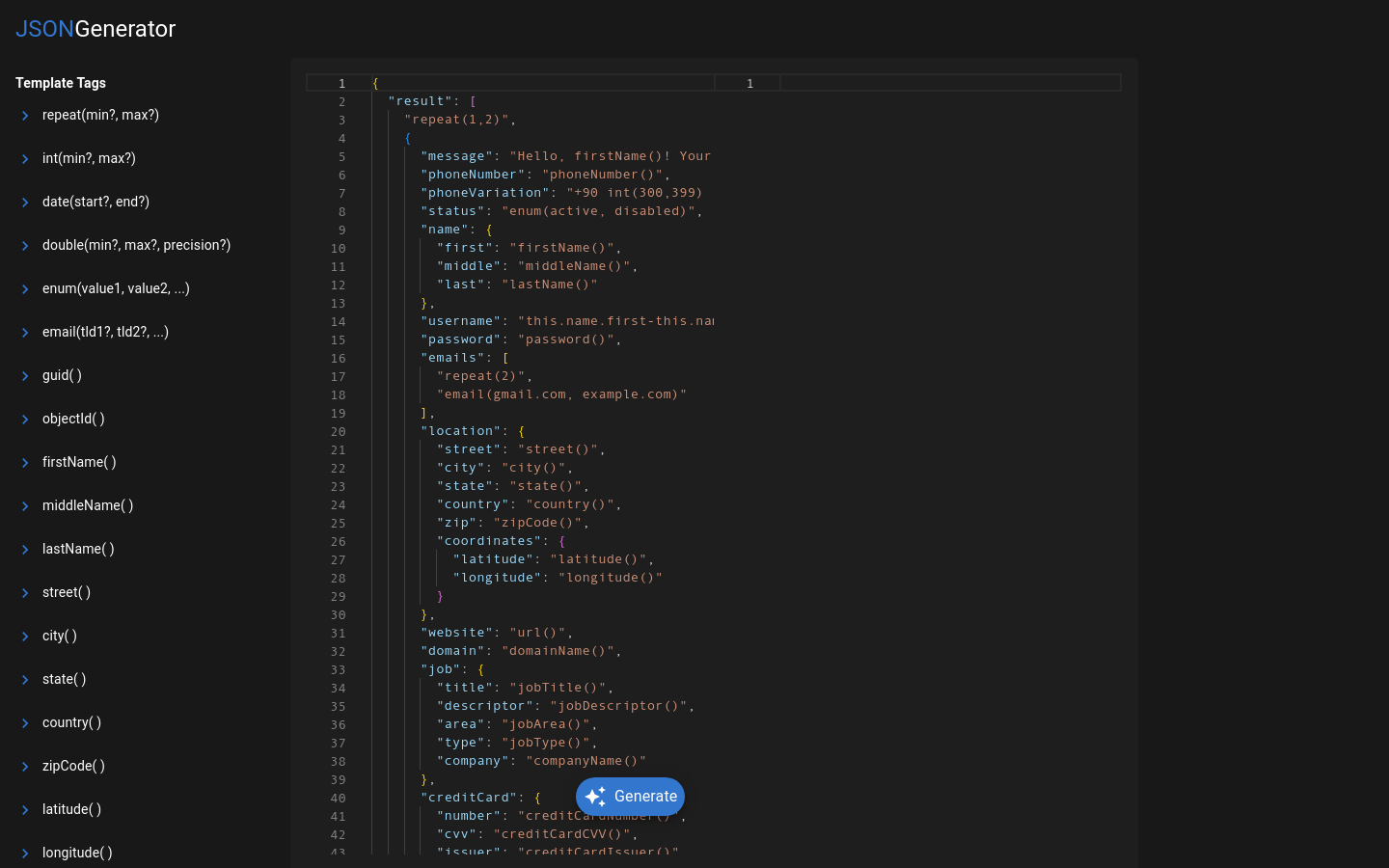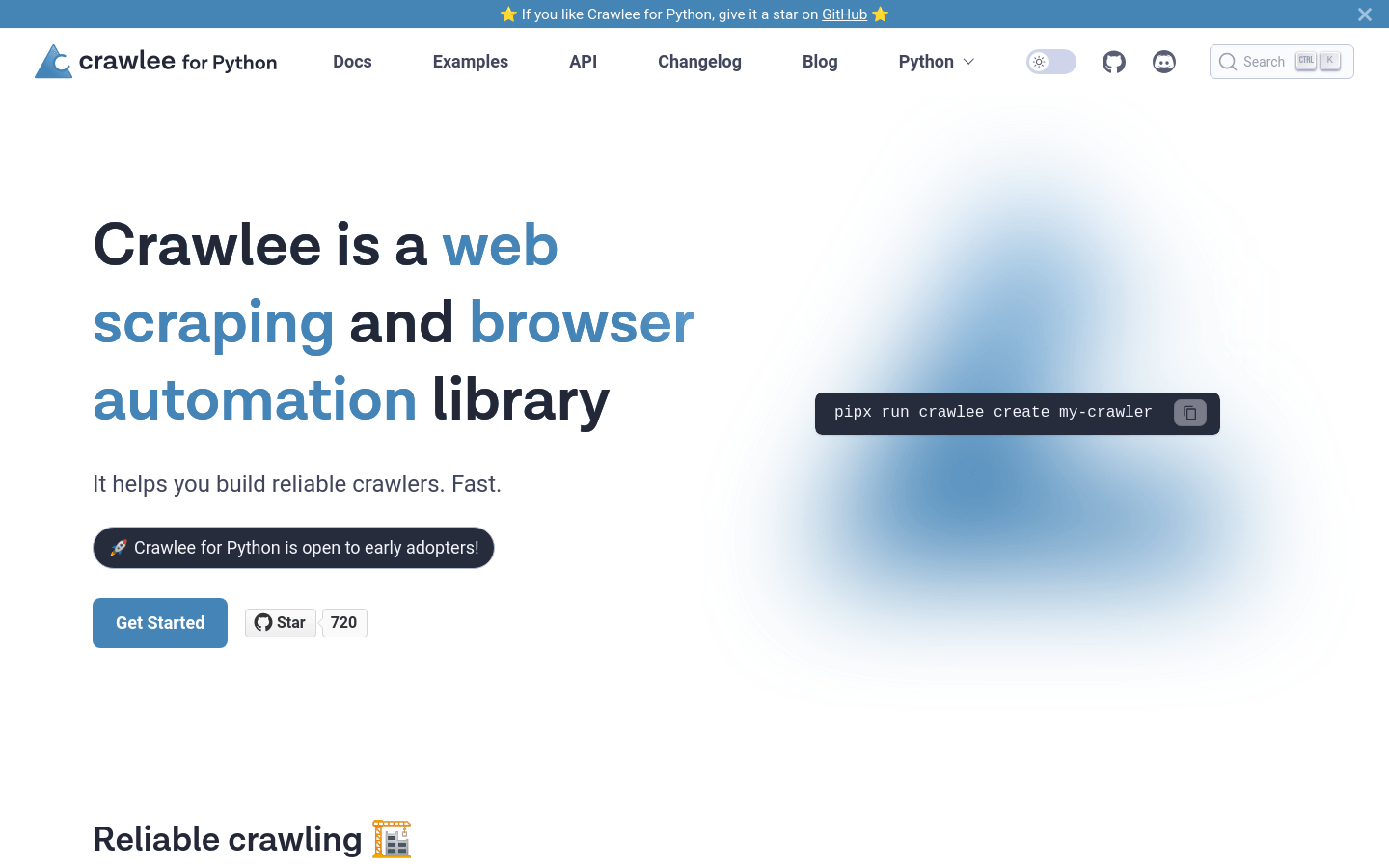Indexify
Real-time data extraction and retrieval framework

Product Details
Indexify is an open source data framework with a real-time extraction engine and pre-built extraction adapters that reliably extract data from a variety of unstructured data (documents, presentations, videos, and audio). It supports multi-modal data, provides advanced embedding and chunking techniques, and allows users to create custom extractors using the Indexify SDK. Indexify supports semantic search and SQL query for images, videos, and PDFs, ensuring that LLM applications have access to the most accurate, up-to-date data. In addition, Indexify enables prototyping while running locally and leveraging pre-configured Kubernetes deployment templates in production to automatically scale and process large amounts of data.
Main Features
How to Use
Target Users
Indexify is suitable for enterprises and developers who need to process large amounts of unstructured data and want to quickly obtain the latest data. Whether in the prototyping stage or in a production environment, Indexify can provide powerful data extraction and retrieval capabilities to help users maintain data accuracy and responsiveness of their LLM applications.
Examples
Use Indexify to provide real-time data updates for LLM applications.
Extract key information from videos and audio with Indexify's extractor.
Leverage Indexify's SQL query capabilities to retrieve specific document content.
Quick Access
Visit Website →Categories
Related Recommendations
Discover more similar quality AI tools

l1m
l1m is a powerful tool that leverages large language models (LLMs) through agents to extract structured data from unstructured text or images. The importance of this technology lies in its ability to convert complex information into an easy-to-process format, thereby increasing the efficiency and accuracy of data processing. The main advantages of l1m include no need for complex prompt engineering, support for multiple LLM models, and built-in caching functions. It was developed by Inferable Company to provide users with a simple, efficient and flexible data extraction solution. l1m offers a free trial and is suitable for businesses and developers who need to extract valuable information from large amounts of unstructured data.

smallpond
Smallpond is a high-performance data processing framework designed for large-scale data processing. It is built on DuckDB and 3FS and can efficiently handle petabyte-scale data sets without the need for long-running services. Smallpond provides a simple and easy-to-use API, supporting Python 3.8 to 3.12, suitable for data scientists and engineers to quickly develop and deploy data processing tasks. Its open source nature allows developers to freely customize and extend functions.

tablegpt-agent
TableGPT-agent is a pre-built agent model based on TableGPT2, designed for question and answer tasks handling tabular data. It is developed based on the Langgraph library and provides a user-friendly interactive interface that can efficiently handle complex table-related issues. TableGPT2 is a large-scale multi-modal model that combines tabular data with natural language processing to provide powerful technical support for data analysis and knowledge extraction. This model is suitable for scenarios that require fast and accurate processing of tabular data, such as data analysis, business intelligence, and academic research.

Graphiti
Graphiti is a technical model focused on building dynamic time-series knowledge graphs, designed to handle changing information and complex relationship evolution. It supports knowledge extraction from unstructured text and structured JSON data by combining semantic search and graph algorithms, and enables point-in-time queries. Graphiti is the core technology of Zep's memory layer, supporting long-term memory and state-based reasoning. It is suitable for application scenarios that require dynamic data processing and complex task automation, such as sales, customer service, health, finance and other fields.

Neosync
Neosync is a platform focused on data privacy and security, using anonymization and synthetic data technology to provide developers with secure, high-quality copies of production data for local development and testing. Its main advantages include powerful data processing capabilities, flexible configuration options, and seamless integration with a variety of databases. Neosync aims to solve the inefficiency and insecurity issues of traditional manual creation of simulated data, significantly reducing data preparation time through automated processes, while ensuring that the data complies with privacy regulations such as GDPR, HIPAA, etc. The product offers a free trial and is suitable for development teams who need to safely use production data in a local environment.

vectrix-graphs
vectrix-graphs is a powerful graphics library focused on the visualization of multi-model embeddings. It supports a variety of machine learning models and data types, and can display complex data structures in intuitive graphical form. The main advantage of this library is its flexibility and extensibility, which can be easily integrated into existing data science workflows. The vectrix-ai team developed this library to help researchers and developers better understand and analyze model embedding results. As an open source project, it's available for free on GitHub and is suitable for projects and teams of all sizes.

Kats
Kats is a time series analysis toolkit developed by the Facebook Infrastructure Data Science team to provide a one-stop solution for data science and engineering work. It supports capabilities ranging from understanding key statistics and characteristics, detecting regressions and anomalies, to predicting future trends. The main advantages of Kats include its lightweight, ease of use, and scalability, making it suitable for data analysts and engineers in a variety of industries and fields.

ImPlot3D
ImPlot3D is a 3D drawing extension library based on Dear ImGui, which provides easy-to-use, high-performance 3D drawing functions. It is inspired by ImPlot and provides a familiar and intuitive API for developers familiar with ImPlot. ImPlot3D supports a variety of 3D plot types, such as line plots, scatter plots, surface plots, etc., and allows users to interactively rotate, translate and zoom 3D graphics. The importance of this technology is that it provides an ideal solution for applications that require 3D data visualization, especially in scenarios with high real-time and performance requirements.

MarkItDown
MarkItDown is a Python tool library used to convert various files such as PDF, PPT, Word, Excel, pictures, etc. into Markdown format to facilitate indexing, text analysis, etc. It supports a variety of file formats and can be used in conjunction with large language models to describe image content. The importance of MarkItDown lies in its ability to convert non-text content into text, which greatly facilitates the management and use of content. Maintained by Microsoft, this tool is free and open source and is suitable for developers and data analysts who need to process large amounts of documents and files.

diagen
diagen is a tool that uses artificial intelligence technology to generate beautiful, intuitive charts with a single command. It supports multiple chart types and automatically optimizes charts through visual feedback and criticism. The main advantages of diagen include ease of use, support for multiple AI models, automatic chart refinement, and support for multiple chart types. It is backgrounded in the fields of data visualization and artificial intelligence and aims to simplify the chart generation process and improve efficiency. Diagen is open source, so it has a low cost of use for individuals and enterprises, and is suitable for developers and data analysts who need to quickly generate high-quality charts.

GraphRAG Visualizer
GraphRAG Visualizer is a web-based tool designed to visualize and explore data produced by Microsoft's GraphRAG tool. GraphRAG is a technology developed by Microsoft for generating graph-structured data. GraphRAG Visualizer allows users to easily view and analyze data without additional software or scripts by letting users upload parquet files. Key benefits of the tool include graphical visualization, tabular presentation of data, search capabilities, and local processing of data ensuring data security and privacy.

PANDASAI APP
PANDASAI APP is an application that leverages generative artificial intelligence (LLMs) to interact with Pandas data frames. The application uses gradient as the front-end interface and pandasai as a high-level wrapper for Python to enable conversational interaction with the data frame. pandasai provides generative AI capabilities for APIs such as openai, HuggingFace and Azure, and users can configure the back-end platform according to their own needs. Key benefits of the app include the ability to upload csv files and ask questions about the data, as well as interact with the data as you would a human.

PyGWalker
PyGWalker is a Python library that can easily convert data into interactive visualization applications and supports one-click sharing. It provides functions such as data cleaning, annotation, and real-time analysis views, making data analysis simple and scalable.

JSONGenerator
JSONGenerator is the ultimate data generation tool designed for developers, testers, and educators to define and generate precise and random JSON data using templates. The tool simplifies the process of manually constructing JSON data, provides consistency and rapid generation of large amounts of data, while supporting flexible modification of data structures. It follows RFC 8259 and ECMA-404 standards to ensure that the generated JSON data is validated and optimized.

AgentQL
AgentQL is a tool that uses artificial intelligence technology to simplify web data extraction and automation processes. It uses the AgentQL query language and uses natural language descriptions instead of traditional XPath or DOM selectors, making the positioning of elements more reliable and able to be found accurately even when the website changes. It supports Chrome extensions, provides API interfaces, and has SDK support, allowing developers to easily write queries, automatically fill forms, and conduct end-to-end testing.

Crawlee for Python
Crawlee is a Python library for building reliable web crawlers. It is built by professional web crawler developers and used to crawl millions of pages every day. Crawlee supports JavaScript rendering, making it easy to switch to a browser crawler without rewriting code. In addition, it provides auto-scaling and agent management capabilities that intelligently manage and rotate agents based on system resources, discarding agents that frequently time out or return network errors.